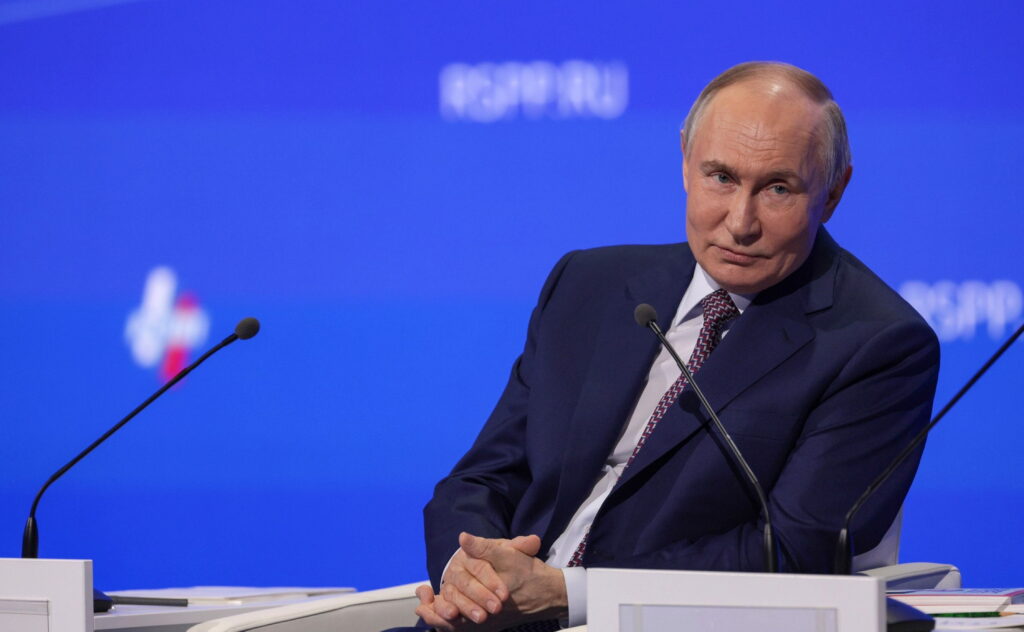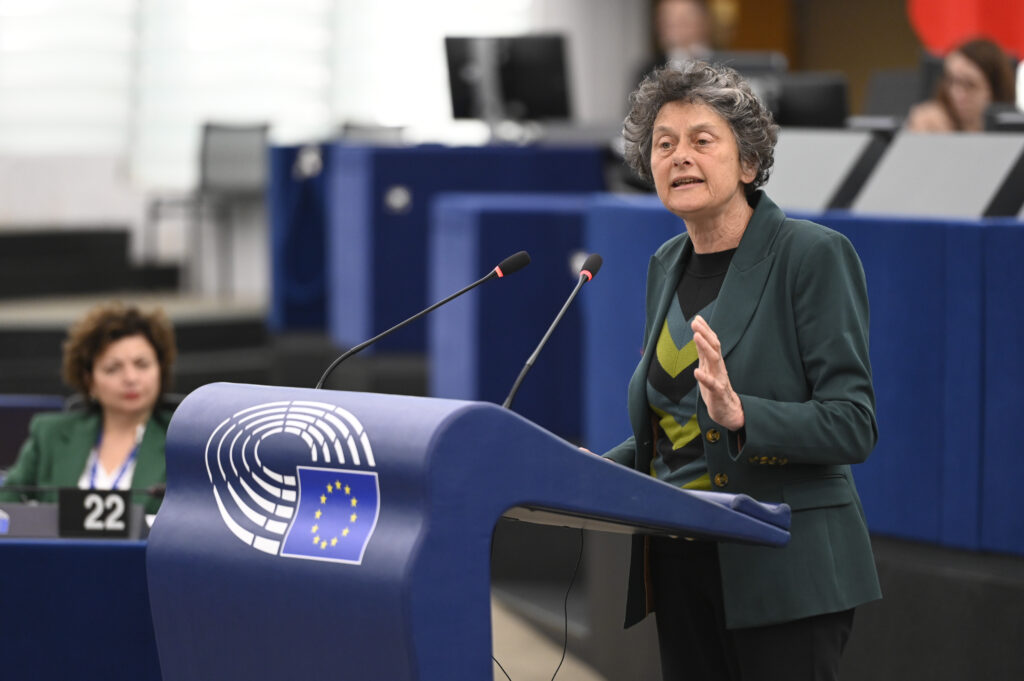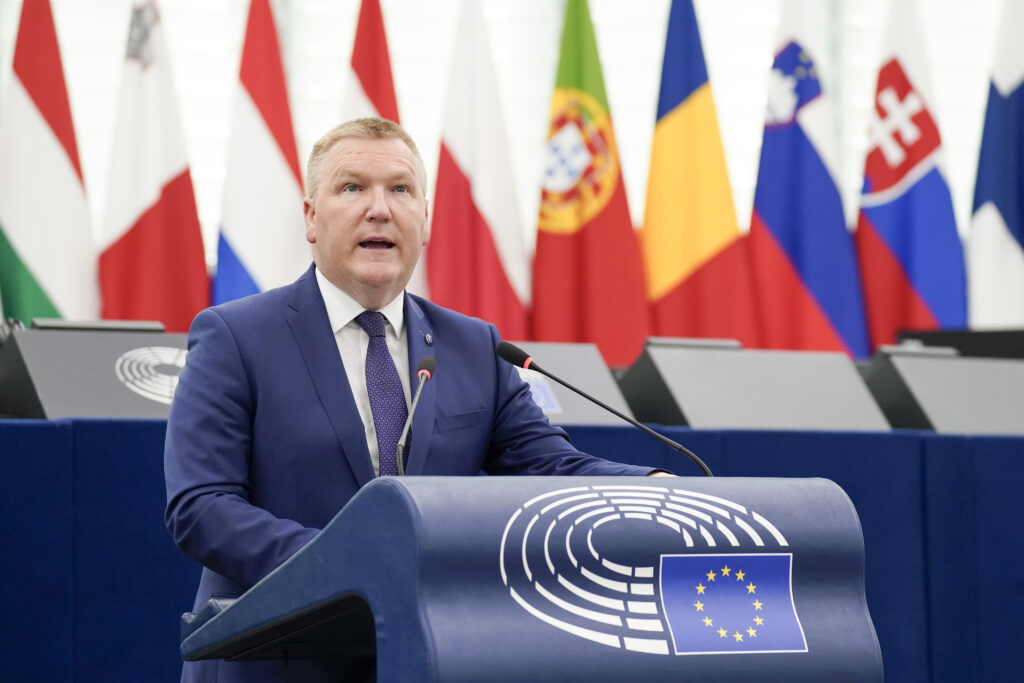From the Correspondent in Strasbourg – Viktor Orbán’s Hungary remains under special observation in the EU. So far, there has been more talk than concrete action to reverse (or at least halt) the democratic backsliding in the central European country, which has been under infringement proceedings for over six years. But perhaps something is slowly about to move as the Hungarian prime minister continues with the crackdown on minorities, provokes his 12-star partners, and stretches the limits of international law.
On the one hand, there are the increasingly violent attacks by Viktor Orbán on the democratic framework in Hungary, dismantling the rule of law and its system of guarantees, checks, and balances: capturing the media, judiciary reforms that silence judges critical of his government, extension of the “special legal state” that grants broad powers to the head of the executive by bypassing Parliament (in any case dominated by his party, Fidesz, allied in Europe with Matteo Salvini and Marine Le Pen in the Patriots), restrictive constitutional amendments.
Mimicking a measure in force in Vladimir Putin‘s Russia, the Hungarian leader recently passed a law on “foreign agents” that obstructs the activities of entities that receive funding from abroad under the guise of protecting national sovereignty. An all-out war against civil society organizations that still resist the siege, and in general, against all countervailing powers and intermediate bodies.

Not to mention the all-out crusade against so-called gender ideology: the icing on the cake was the banning of Budapest Pride, scheduled for June 28. With a single swipe, the prime minister simultaneously put the rights of the LGBTQ+ community in the crosshairs and undermined the freedom of assembly of the entire Hungarian population to “protect children.”
On the other hand, in total defiance of international law, the Hungarian prime minister is currently welcoming his Israeli counterpart Benjamin Netanyahu, for whom the International Criminal Court (ICC), to which Hungary is a party, issued an arrest warrant in November. From strongman to strongman, both are intent on downsizing the independence of the judiciary to bring it under the control of the executive power.
The patience of MEPs has long run out, and this afternoon (April 2), during the ongoing plenary session in Strasbourg, they discussed the latest developments in the central European country. From the Left, Ilaria Salis (who has had more than a few disagreements with the Hungarian government) spoke of a “disregard for law and civil liberties” that has now reached “beyond the point of no return,” while for French socialist Chloé Ridel the Hungarian prime minister “leads a war against human dignity.” According to the popular Austrian Reinhold Lopatka, with EU funds, one cannot “support governments that undermine democracy;” therefore, their disbursement should be suspended.
The European Parliament rapporteur on the Hungary file, German environmentalist Tineke Strik, spoke of a “real threat” to maintaining democracy in the country, not least in light of Orbán’s comments calling critics (journalists, judges, and NGOs) “parasites” that should be “eliminated.” The widespread fear is that he could draw up “blacklists” of political opponents. This development could go hand in hand with using facial recognition technologies (the perfect premise for a “police state,” says Strik).

A Committee on Civil Liberties, Justice, and Home Affairs (LIBE) delegation will travel to Budapest on a mission in mid-April to monitor the situation and assess the latest developments, providing the basis for a new report, also authored by Strik, which should be ready by next fall.
The Council of Europe issued (yet another) warning today. Addressing Hungarian MEPs, Human Rights Commissioner Michael O’Flaherty urged them not to proceed with a series of legislative measures – including tampering with the Basic Charter to include, for example, legal recognition of only heterosexual couples – because they “raise doubts about their compatibility with human rights standards.”
However, there is a light at the end of the tunnel. After years of deadlock, something changed in the Council, during which an Article 7 procedure of the Treaty on European Union (TEU), launched in September 2018, stalled. Speaking from Strasbourg, Polish Minister of European Affairs Adam Szlapka reiterated the commitment of Warsaw (which holds the rotating EU presidency) to protecting the rule of law.
Now, the list of chancellors increasingly intolerant of Orbán is becoming longer, reaching 19 thanks to the significant addition of Germany, which has always been lukewarm on the issue partly because of economic interests related to the domestic automobile industry, which has relocated several plants to Hungary. The chancellor-designate Friedrich Merz reportedly agrees with his future government partners, the Social Democrats of the SPD, in increasing pressure on the Hungarian leader through systematic recourse to freezing EU funds if Budapest continues to slide toward authoritarianism and oppose the Ukraine dossier (in supporting Kyiv and in sanctions against Moscow).

The legal threshold to activate Article 7.1 – the provision that allows the Council to recognize a severe and persistent violation of the founding principles of the Union – is four-fifths or 22 countries out of 27. Actual sanctions (especially the so-called nuclear option, which provides for suspension of voting rights in the Council) require unanimity, which is difficult to achieve, especially as long as other leaders, such as Slovakian Robert Fico, are equally intent on demolishing democratic structures. But it is a start.
Theoretically, also the EU executive says it is “ready” to take the necessary countermeasures. Democracy Commissioner Michael McGrath reiterated that the latest legislation passed in Hungary undermines the country’s fundamental rights and civic space, which does not comply with last summer’s recommendations from Brussels on the rule of law. “The imperative of child protection and the right to peaceful assembly are not in conflict,” he said, addressing MEPs, to whom he assured that “the Commission will not hesitate to take further action to ensure respect for the rule of law and fundamental rights in Hungary and any other member state.”
English version by the Translation Service of Withub







